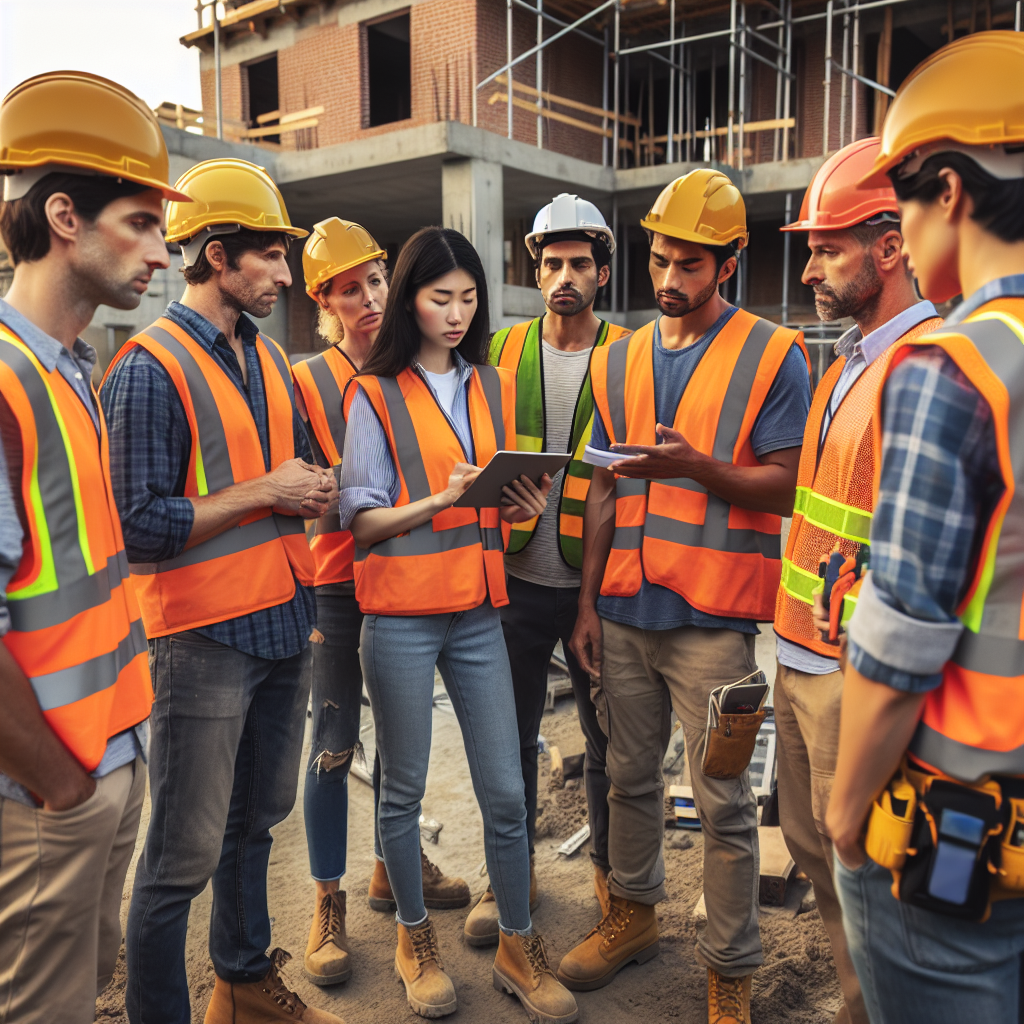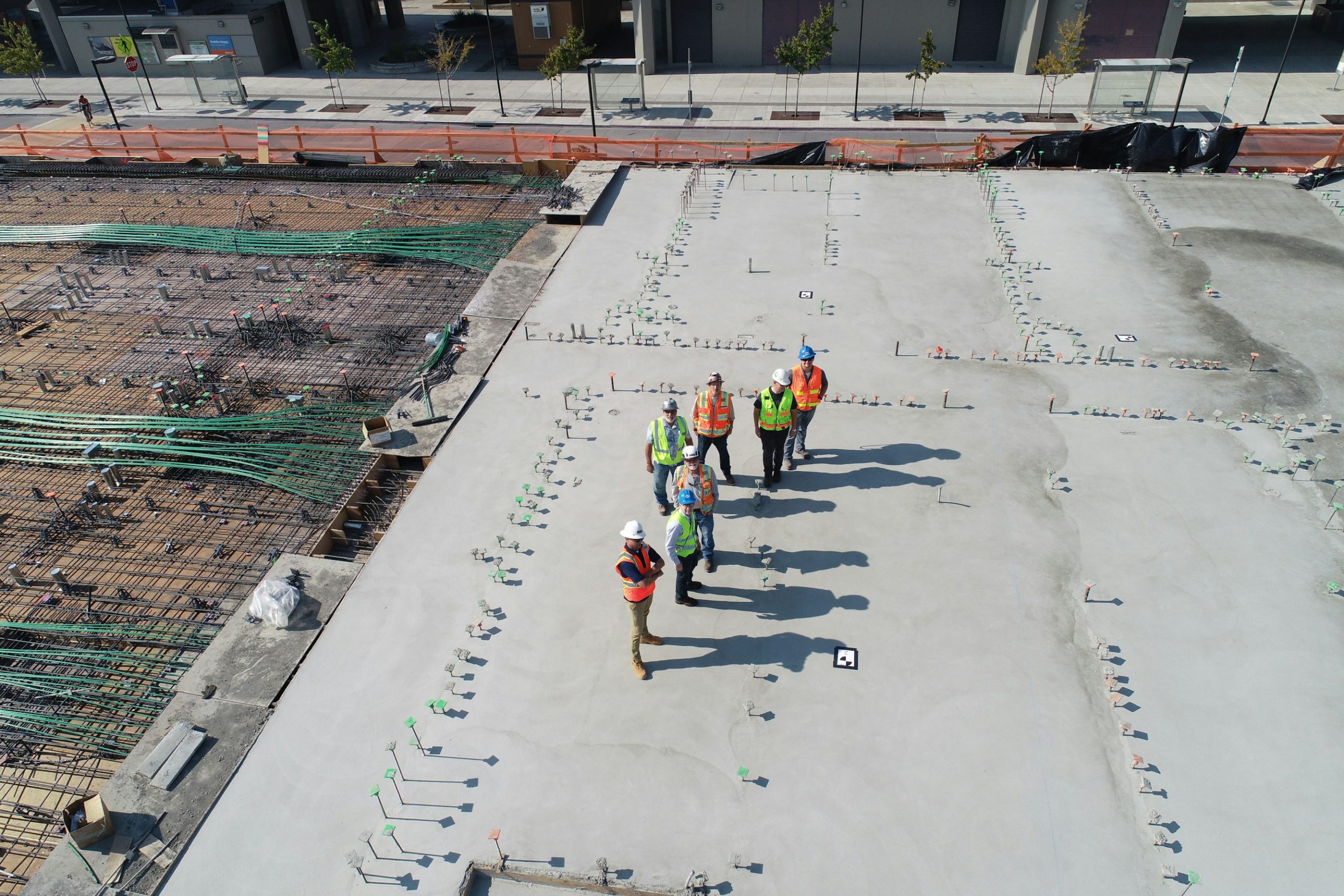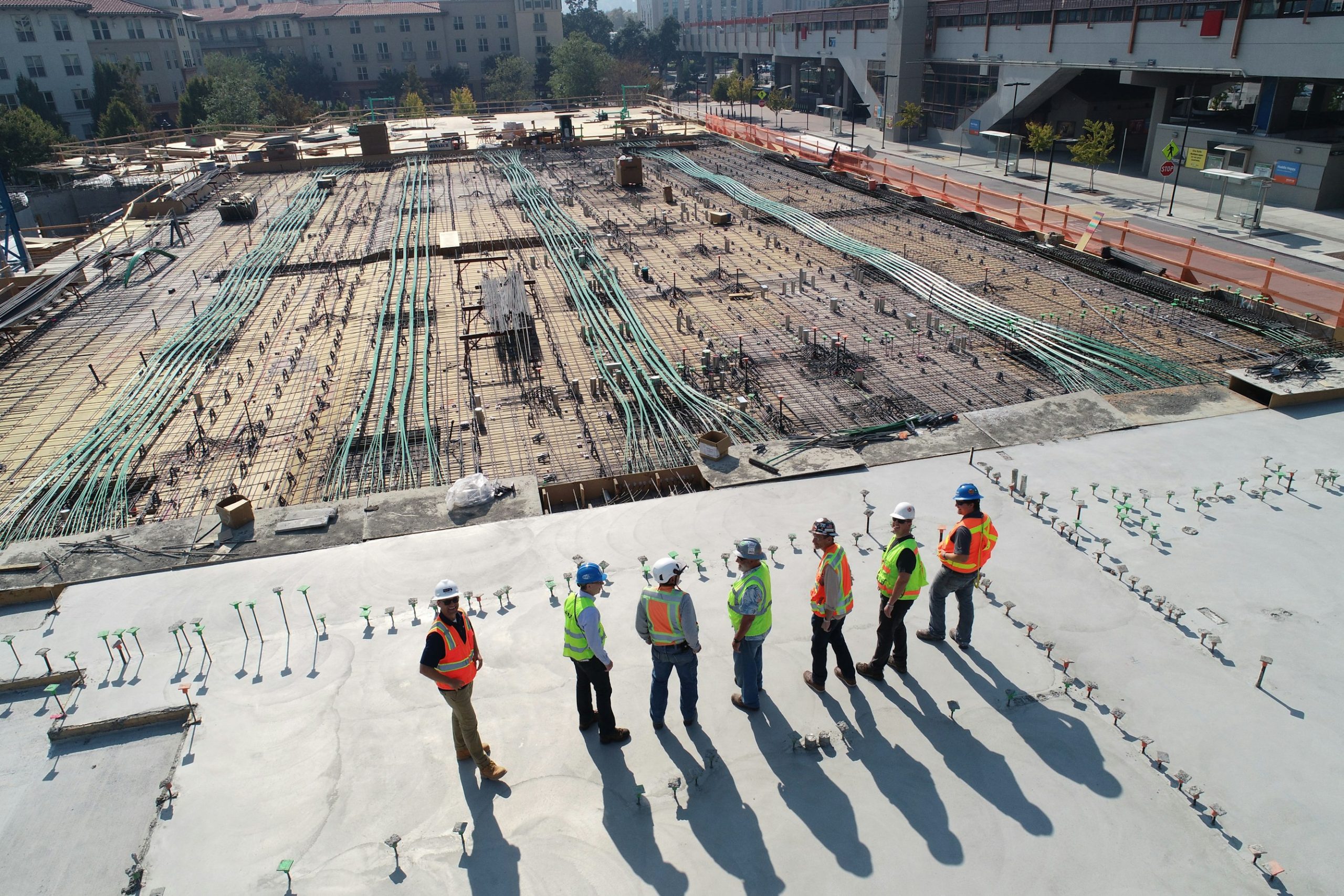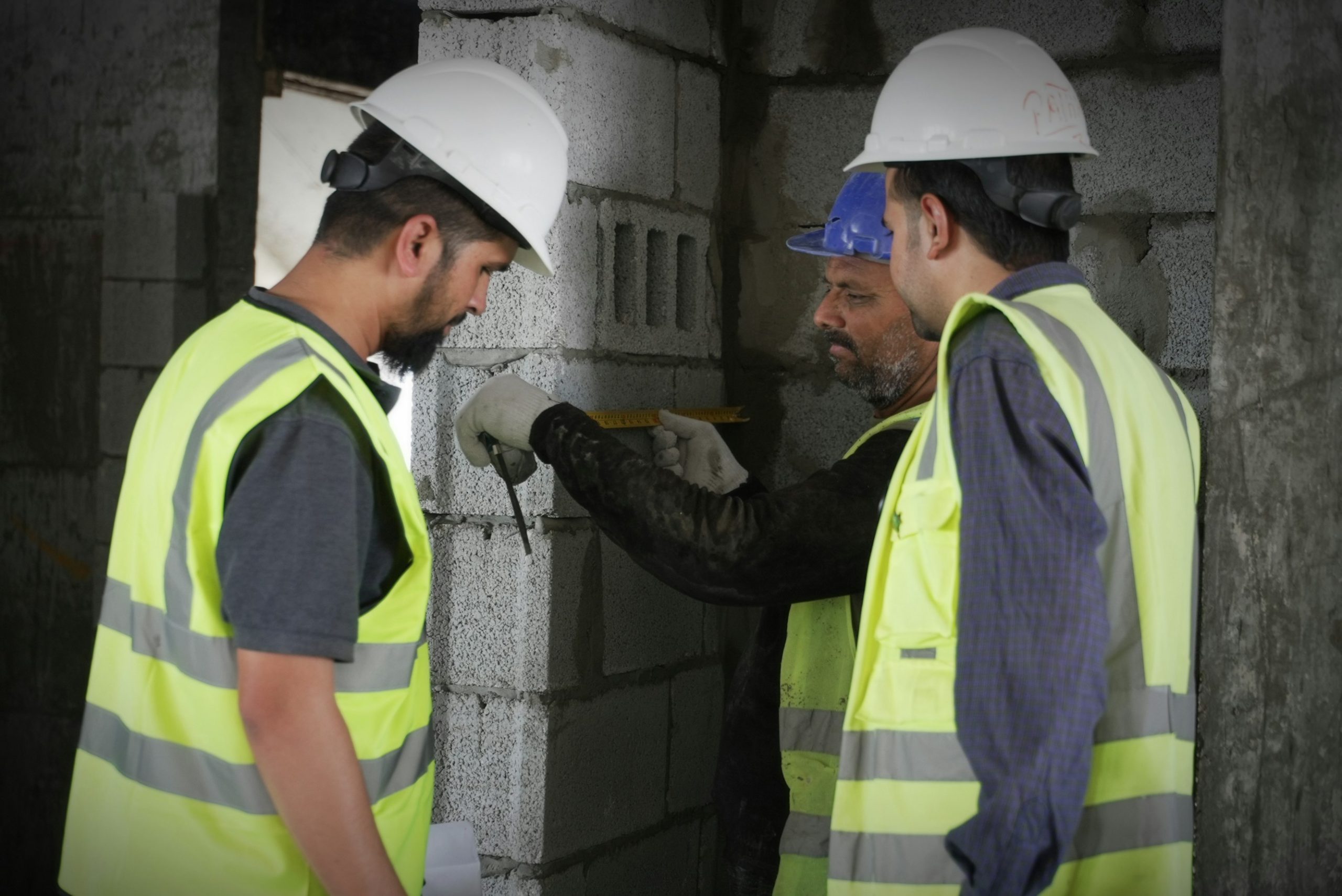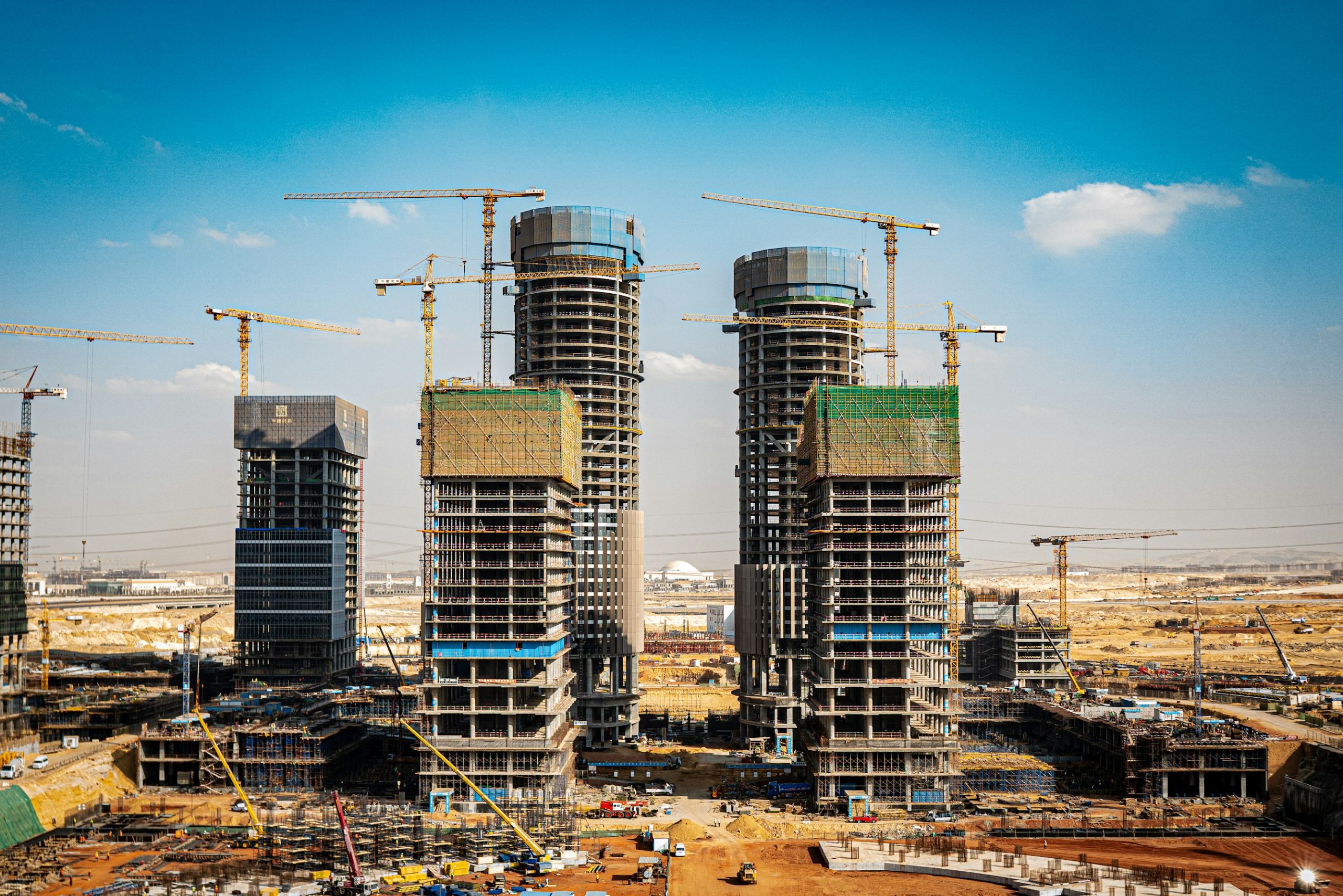The Role of AI in Transforming Urban Construction Projects
As the construction industry evolves, the integration of AI in construction is becoming a cornerstone of modern urban development. In particular, construction project management software powered by AI is optimizing processes from design and planning to quality control and sustainability. This blog post explores the multifaceted role of AI in transforming urban construction projects, highlighting its benefits and how platforms like Zepth can enhance project outcomes.
Optimization of Design and Planning
AI is revolutionizing the design and planning phases of urban construction projects by analyzing vast amounts of data ranging from building codes to environmental conditions. This sophisticated analysis leads to the generation of optimized designs that are not only efficient but also tailored to specific needs.
- Generative Design: Tools like Autodesk’s Generative Design utilize machine learning algorithms to explore a plethora of design configurations. This process identifies solutions that traditional methods might overlook, paving the way for innovative architectural designs.
- Data-Driven Insights: AI algorithms can provide objective perspectives on labor efficiency and cost estimations. Such insights significantly reduce the instances of trial and error often associated with construction project management.
Construction Automation and Robotics
AI-driven automation is transforming construction sites through the introduction of advanced robotics capable of performing tasks with unprecedented precision and speed. Notable examples include:
- Robotic Builders: Machines like Hadrian X by FBR can lay over 1,000 bricks an hour with remarkable precision, adapting to varying weather conditions. This innovation reduces both time and labor required for traditional bricklaying tasks.
- 3D-Printed Homes: AI facilitates the creation of 3D-printed homes that are sustainable and cost-effective. These structures can be assembled quickly, efficiently utilizing materials and minimizing waste.
Predictive Maintenance and Asset Management
Another critical application of AI in urban construction is its enhancement of asset management through predictive maintenance. By employing predictive analytics, project managers can optimize maintenance schedules, thereby maintaining high operational efficiency.
- Predictive Analysis: AI algorithms analyze sensor data from machinery to predict potential failures, which minimizes downtime and reduces maintenance costs.
- Resource Optimization: AI systems optimize HVAC and lighting operations according to real-time needs, effectively increasing energy efficiency and cutting costs.
Project Management and Resource Allocation
AI plays a significant role in streamlining project management by optimizing scheduling, resource allocation, and critical decision-making processes. The following aspects illustrate its impact:
- Optimized Scheduling: AI algorithms analyze timelines, resource availability, and cost constraints to generate optimized schedules, significantly minimizing delays and cost overruns.
- Real-Time Insights: With AI-powered project management software, real-time insights become available to project managers, fostering informed decision-making and improved project outcomes.
Quality Control and Defect Detection
Quality control processes are greatly enhanced by AI’s ability to detect defects and deviations early in the construction process. This reduction in defect rates leads to considerable cost savings on rework.
- AI-Powered Cameras and Sensors: These advanced tools analyze visual data from construction sites to identify defects and track progress, providing real-time insights to project managers.
- Automated Defect Detection: Solutions such as Doxel offer AI-powered quality control that automatically detects construction defects, improving quality assurance significantly.
Smart Buildings and Cities
The integration of AI is paving the way for the development of smart buildings and cities. The focus here is on creating intelligent frameworks that prioritize sustainability and energy efficiency.
- Smart Building Management: AI-powered systems from industry leaders manage energy usage, enhance indoor air quality, and optimize overall building performance.
- Urban Planning: AI assists in urban planning processes by optimizing layouts, traffic management, and resource utilization for more sustainable cities.
Energy Efficiency and Sustainability
AI’s crucial role in enhancing energy efficiency and sustainability cannot be overstated. It contributes to reducing the environmental impact of urban construction significantly.
- Smart Grids: AI algorithms effectively balance electricity demand and supply, ensuring optimized consumption and reduced waste.
- Environmental Impact Assessments: AI tools assess project impacts, empowering stakeholders to make decisions aimed at minimizing the ecological footprint of construction activities.
Use Cases and Best Practices
The practical applications of AI in urban construction include:
- Digital Twins: By creating virtual replicas of physical environments using IoT data, AI enables simulations of city operations, allowing for better predictions and planning.
- Predictive Analytics: Utilizing AI to foresee risks leads to preventive strategies fostering safer and more productive work environments.
- Automated Tasks: Automating repetitive tasks such as scheduling and invoicing frees up skilled labor for more complex tasks.
Emerging Innovations
Some of the exciting innovations driven by AI in urban construction include:
- AI-Powered Traffic Management: Integrating sensors and predictive analytics, AI dynamically optimizes traffic flow and public transport routes.
- Public Safety and Surveillance: AI systems equipped with facial recognition contribute to enhanced safety and rapid incident response.
- Governance and Citizen Engagement: AI facilitates better governance through data-driven decisions and citizen interaction via chatbots.
How Zepth Can Help
Zepth offers innovative solutions that can significantly enhance urban construction projects by leveraging the benefits of AI:
- Construction Management: With AI-driven insights and predictive analytics, Zepth can optimize your project management processes, enhancing overall productivity, safety, and sustainability.
- Resource Allocation: Zepth’s tools assist in scheduling and resource allocation, effectively minimizing delays and cost overruns.
- Quality Control: Utilizing Zepth’s AI solutions ensures automatic detection of defects and adherence to quality standards throughout the construction phase.
- Smart Building Integration: Zepth can seamlessly integrate with smart building management systems to optimize building performance and energy usage.
By harnessing the transformative power of AI, Zepth empowers urban construction projects to become more efficient, sustainable, and intelligently designed, culminating in smart cities and buildings of the future. For more detailed insights into how Zepth’s solutions can enhance your construction projects, please visit our website.
